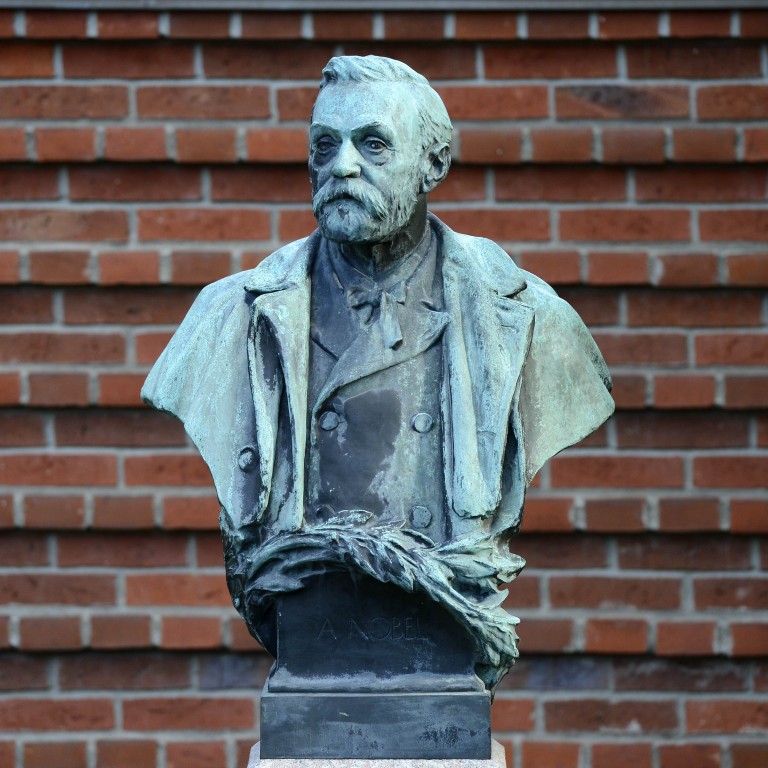
Most Nobel science prizes awarded to ‘paradigm-shifting’ research
‘Paradigm-shifting’ basic research has won most of the Nobel science prizes over the past three decades, says a South Korean think tank
Most Nobel science prizes over the past 30 years have been awarded to “paradigm-shifting” basic research rather than work that expands on or clarifies ideas from the past, said a South Korean think tank on Monday, ahead of the announcement of this year’s Nobel winner for medicine.
Paradigm-shifting research refers to the creation of new scientific frameworks through the discovery of new principles, methods, equipment, machinery and techniques, explained the Seoul-based Science and Technology Policy Institute (STEPI) in a new report.
This year’s Nobel-winning research could also be defined as paradigm-shifting as it was awarded to scientists James E Rothman, Randy W Schekman and Thomas C Südhof, who discovered how cells organise their transport systems.
“The three Nobel Laureates have discovered the molecular principles that govern how this cargo is delivered to the right place at the right time in the cell,” announced the Nobel Assembly in Stockholm.
Some of the previous examples of paradigm-shifting Nobel-winning research included that of Bertram N Brockhouse and Clifford G Shull, who won the physics prize in 1994 for pioneering the development of neutron scattering techniques, and of Paul C. Lauterbur and Sir Peter Mansfield, who won the physiology prize in 2003 for their discoveries on magnetic resonance imaging.
Because this kind of Nobel-worthy research tried to change pre-existing frameworks and create new ones, it often conflicted with established paradigms and faced difficulties in securing funds, said the report titled Paradigm-Shifting Scientific Research and Nobel Prizes.
“Much of the paradigm-shifting research that won Nobel Prizes over the years wasn’t considered as significant in the beginning stages of research. With this in mind, we not only need to support research that is important for the present, but also provide mid- and long-term support to research with future potential,” noted the report authors Hong Sung-ook and Lee Doo-gab.
The report also highlighted policies adopted by some of the world’s major economies to create an environment conducive to good research.
China, for example, started the Thousand Talent Programme in 2008 to attract 2,000 experts and academics from overseas. Beijing pledged to give 100,000 yuan (HK$126,657) in allowances and provide all necessary research funds to each qualifying talent.
In Germany this year, the government reportedly funded around 85 per cent of the 1.53 billion euro (HK$16 billion) budget for the Max-Planck Society, an association of research institutions.
In order to produce Nobel-worthy research, governments need to create policies to support high-risk, high-reward research, encourage multidisciplinary approaches, provide flexible and long-term support to researchers and establish an international research network, prescribed the Korean think tank.
“Nobel Prizes shouldn’t be recognised as a goal but as the by-product of increased breadth and depth in research and of a research culture that is more creative and innovative,” it added.
